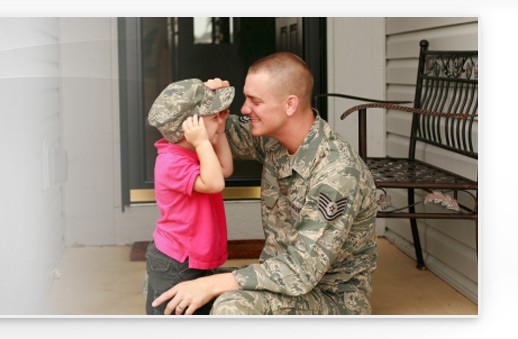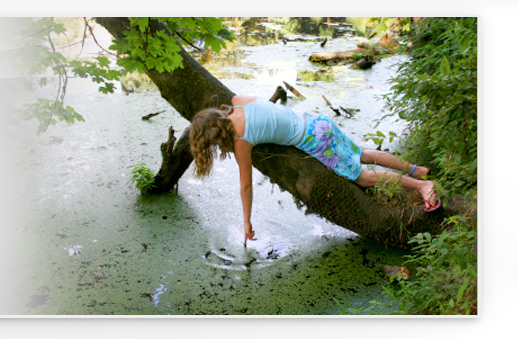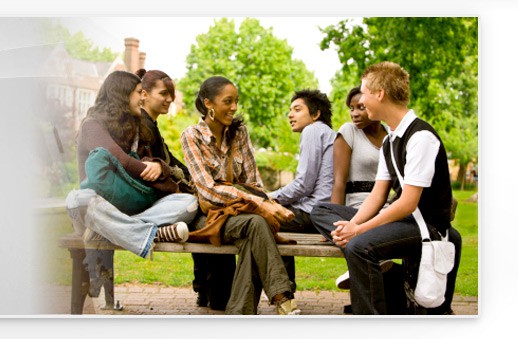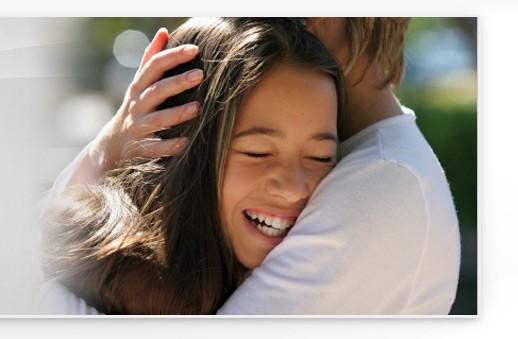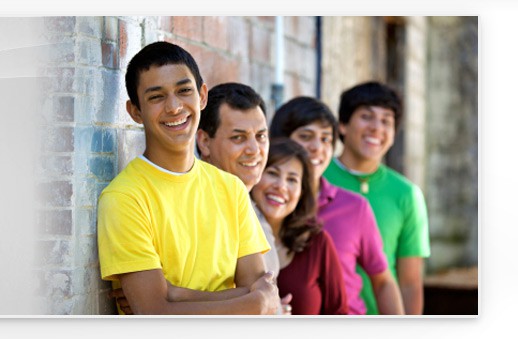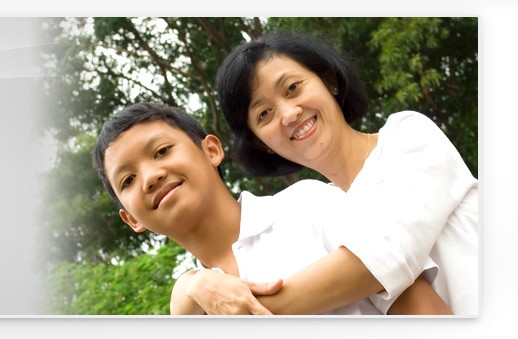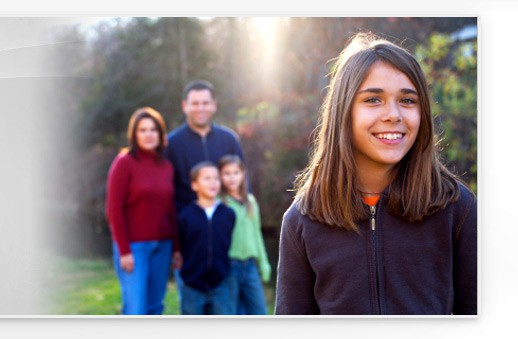
Talks for Professionals Who Work with Youth
Resilience in Action: A Strength-based Approach to Working with Young People
Tailored specifically to the needs of the audience --whether educators, youth-serving agencies, or health professionals—this presentation provides specific strategies and tools for identifying and fostering the strengths of youth. Most communities choose to have a range of professionals attend.
These seminars range from 90 minutes to 8 hours (6 hours content). Longer workshops offer greater opportunity for in-depth teaching and skill development; shorter programs are designed to be motivational and to introduce concepts the participant will want to further explore using available written materials.
Objectives:
- The participant will be prepared to set the stage for a trustworthy interaction.
- The participant will be familiar with the Seven C’s model of positive youth development and resilience.
- The participant will have a grasp on the behavioral change process and understand how the seven C’s contribute to positive behavioral change.
- The participant will be prepared to foster authentic success and protect children and adolescents from the stress and perfectionism that undermines their well-being and long-term success. (This objective is critical for school audiences and optional for others)
- The participant will be better prepared to eliminate shame from interactions by focusing on building confidence in youth. They will understand that confidence has to be rooted in existing competencies.
- The participant will be able to offer parents and youth basic life skills that will help them navigate peer culture.
- The participant will be better prepared to support balanced, authoritative parenting.
- The participant will be prepared to communicate with youth in a way that builds on their existing strengths rather than undermines their forward movement. This objective focuses on shifting away from approaching youth with lectures.
- The participant will be familiar with a stress management strategy that is designed to move youth away from self-destructive quick fixes and towards positive behaviors.

Working with Youth Labeled “At Risk”: Reducing Risk by Recognizing and Building on Existing Strengths
This 4- to 8- hour workshop is designed to help agencies that work with marginalized and traumatized youth to shift away from a risk-based approach and toward a resilience-based approach. The objectives are similar to those offered above, but the focus will be on under-resourced youth. It will be highly interactive because the group needs to openly struggle from within their community on the benefits to both staff and youth of making the shift towards a strength-based, resilience building strategy.
Taking Care of Ourselves: Healing the Healer (Multiple formats available)Caring professionals are at increased risk of burnout because of their continued exposure to the most passionate themes of human existence. If they are to continue to care for others over a lifetime they need to take the steps to make sure they themselves do not become depleted.
A review of self-care and internal resilience principles can be incorporated into the end of seminars that have at least 4 content hours as a 30-minute conclusion. As an independent presentation, a more detailed perspective can be covered in the form of a 60-90 minute seminar for healing professionals.
For an in-depth, critical understanding of this subject in the context of an agency, school, or other organization, a 4-hour facilitated workshop format can be used to review and generate key steps for increasing staff resilience. Trust and credibility is crucial to the success of this kind of approach. In order to develop honest, realistic, and solution-based responses to important staff concerns, agencies requesting a workshop presentation of this subject must agree beforehand to plan a follow up committee to implement at least some action strategies proposed by the group. Otherwise, the participants will feel demoralized, and any progress made at the workshop will be undermined.
[Note: Some agencies have opted for two full days with Dr. Ginsburg. Day 1 offers A Strength-based Approach to Working with Young People and Day 2 is a workshop that engages the group to make the shift as an agency toward a strength-based approach. Day 2 ends with the workshop “Taking Care of Ourselves: Healing the Healer.” ]
For more information on these talks, please email kgprograms@aol.com
